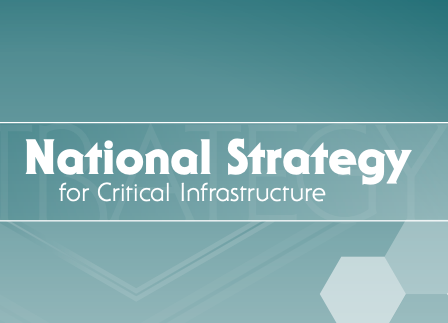
Feds list engineering among essential services during COVID-19 crisis
April 3, 2020
By CCE

Image credit: Government of Canada.
On Apr. 2, federal minister of public safety and emergency preparedness Bill Blair released “Guidance on Essential Services and Functions in Canada During the COVID-19 Pandemic,” a non-binding, advisory document intended to assist jurisdictions and businesses in determining which employees are considered essential to maintain Canadians’ health, safety, security and economic well-being during the current crisis.
“We have put together this guidance to help support critical infrastructure employers in identifying and managing their workforce while responding to COVID-19,” Blair said.
Canada’s National Strategy for Critical Infrastructure has developed a list of essential functions in consultation with industry representatives. These include, but are not limited to, those performed by critical infrastructure workers (e.g. hydro and natural gas), health-care workers, first responders and suppliers of foods and medicines. The government says employers of these workers should implement procedures and equipment recommended by public health authorities to protect their safety; and workers who can perform their tasks remotely should do so.
Among such essential services and functions, the following examples are particularly relevant to Canada’s engineering community:
Energy and utilities
- Workers who maintain, ensure or restore the generation, transmission and distribution of power, including reliability engineers, and those required to carry out construction and restoration projects and services for the generation, transmission and distribution of electricity, natural gas and petroleum.
Health
- Workers required to carry out construction and restoration projects and services associated with the health sector, including new facilities, expansions, renovations and conversions of spaces that could be repurposed for health-care space.
Water
- Workers needed to operate and maintain drinking water, wastewater and drainage infrastructure, to maintain and test water quality and to carry out related construction and restoration projects, including building and commissioning water and wastewater systems and supporting the health and safety of users.
Food
- Employees engaged in the maintenance of infrastructure necessary to agricultural, aquaculture and fishery production and distribution.
ICT
- Workers required to carry out construction and restoration projects and services associated with the communications sector, including engineering of fibre optic cables and wireless sites; data centre operators, including HVAC and electrical engineers; and field engineers and technicians supporting critical ICT infrastructure.
Transportation
- Transportation workers involved in construction work, necessary supporting services, maintenance and safety.
Manufacturing
- Workers needed to support critical infrastructure for manufacturing and the supply chain.
Government
- Workers who support the operation, inspection and maintenance of essential public works facilities and operations, including dams, bridges, heating and cooling plants, water and sewer mains, critical or strategic infrastructure construction, structural engineering, geomatics, environmental compliance, integrity of underground infrastructure and emergency location services for buried utilities, maintenance of digital systems infrastructure supporting public works operations and other emergent issues.
Public Safety Canada plans to continually consult on and amend the non-exhaustive list as events unfold.